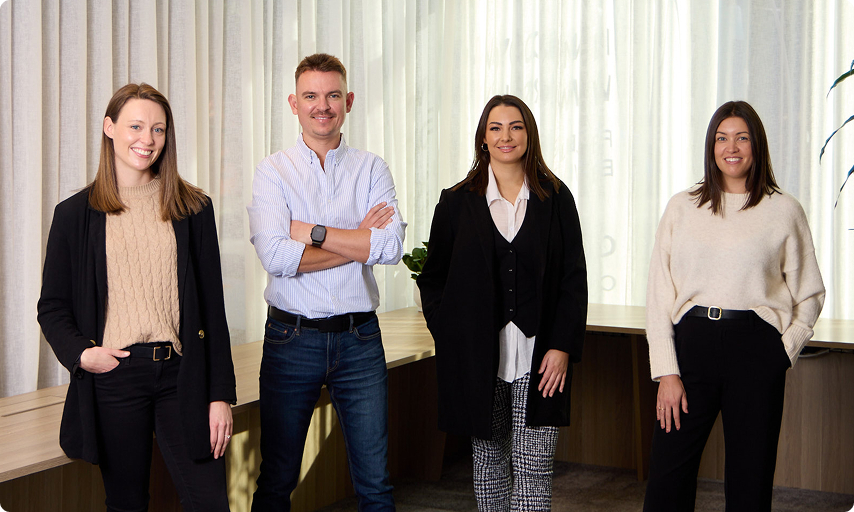
The Future of Work: How AI is Reshaping Recruitment
Recruitment has changed significantly over the last ten years. The days of paper CVs piled on desks and recruiters relying only on job fairs and classified ads are over.
Today, digital job boards, LinkedIn, and remote hiring platforms dominate the talent landscape. At the same time, Artificial Intelligence (AI) has become one of the most influential forces shaping how organisations identify, assess, and recruit talent.
The question is no longer whether AI will reshape recruitment, but how quickly and to what extent its influence will extend.
AI Candidate Sourcing
Traditionally, sourcing depended on manual searches and networking. Now, AI-powered tools can scan thousands of job boards, LinkedIn profiles, and niche professional platforms within seconds.
These systems automatically identify potential candidates who meet role requirements, including passive candidates who might not be actively seeking jobs. This accelerates the hiring process while increasing the talent pool far beyond what human recruiters could achieve alone.
Smarter Screening
CV parsing was once tedious and error-prone, but AI-driven solutions now enable smarter screening. Algorithms can evaluate skills, experiences, and qualifications with remarkable accuracy, matching them against job descriptions.
Importantly, AI can help minimise unconscious bias by concentrating on data-driven criteria rather than personal assumptions. When utilised responsibly, this fosters a fairer, more consistent shortlisting process.
Interview Enhancements
The interview process is also evolving. Video interview platforms now utilise AI to assess communication skills, tone, and even non-verbal cues. While these tools are still developing, they offer recruiters further insights into candidate behaviour and fit.
Combined with structured human interviews, AI-assisted analysis makes the evaluation process, making it more robust and well-informed.
Risks and Considerations
While the benefits of AI are evident, the risks must not be overlooked. Excessive dependence on algorithms can perpetuate biases if the training data itself is biased.
Ethical questions regarding privacy, fairness, and transparency are central to the debate. Human oversight remains crucial; recruiters must ensure that AI supports rather than replaces human judgment.
Finding the right balance between efficiency and empathy is essential.
As AI continues to transform recruitment, the role of the recruiter is shifting from gatekeeper to strategic advisor. Instead of spending time on repetitive tasks, recruiters can focus on building relationships, advising hiring managers, and shaping long-term talent strategies.
Businesses that want to remain competitive should begin incorporating AI responsibly, testing tools, monitoring outcomes, and consistently prioritising human values in the hiring process.
The future of recruitment is not about choosing between humans and machines; it’s about developing a partnership that unlocks the best of both.
Industry News
and Insights.
Time to fly.
Problems are best solved together, and we can only achieve that when you reach out. If you need to address talent-based problems at your business or are seeking a top position yourself, our team is ready to have that conversation. Make today your first step towards where you want to be.






